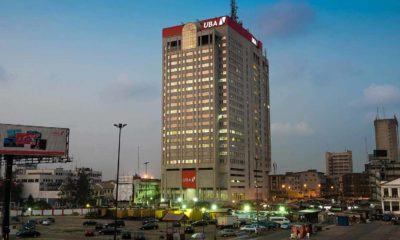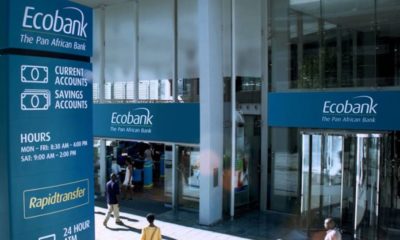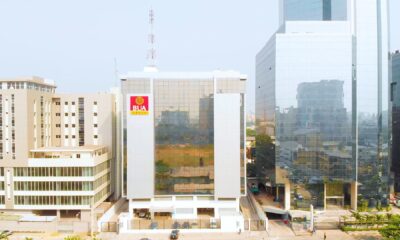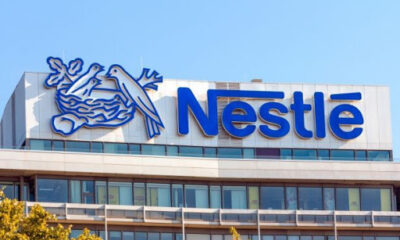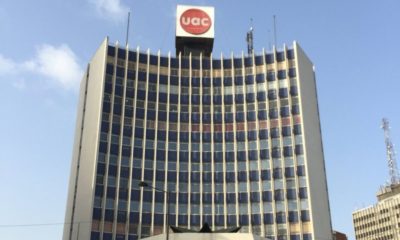Savannah Energy PLC, the British independent energy company focused around the delivery of Projects that Matter in Africa is pleased to provide a financial and operational update for Q1 2023.
The Q1 2023 Unaudited Financial Results showed that the company posted a total revenue of US$147.6m, comprising of US$71.0m from its Nigerian operations (up by 29% compared to Q1 2022 total revenue of US$55.0m), and Chad upstream revenues of US$76.6m. The report shows the Group’s cash balance stood at US$217.3m, with a net debt of US$412.2m.
In terms of operations, its average gross daily production for the quarter stood at 54.9 Kboepd, compared to average gross daily production of 21.6 Kboepd in Q1 2022. Excluding Chad production, Q1 2023 average gross daily production on a like-for-like basis was 25.9 Kboepd, a 20% increase compared to Q1 2022. Out of the total average gross daily production of 54.9 Kboepd, 43% was gas, including a 22% increase in production from the Uquo gas field compared to the same period last year, from 116.4 MMscfpd (19.4 Kboepd) to 142.2 MMscfpd (23.7 Kboepd).
Andrew Knott, CEO of Savannah Energy, said:
“This morning’s update clearly demonstrates the strength and potential of our business and the positive impact we are making in our host countries: we are reporting like-for-like1 organic Total Revenues growth of 26% year-on-year (with like-for-like Total Revenues having now doubled since 2017); our oil and renewable energy projects in Niger are now advancing at a rapid pace; and COTCo in Cameroon continues to deliver a strong consistent financial performance. On the new ventures front, we continue to progress our planned acquisition of PETRONAS’ assets in South Sudan and expect to announce a series of new utility-scale renewable power projects over the course of Q2 and Q3 2023.”
Q1 2023 vs Q1 2022 Average Gross Daily Production
|
Uquo Gas
(MMscfpd) |
Uquo
Condensate
(Kbopd) |
Stubb Creek
Oil
(Kbopd) |
Doba Oil
(Kbopd) |
Total
(Kboepd) |
| 1 January-31 March 2023 |
142 |
0.2 |
2.0 |
29.1 |
54.9 |
| % of total production |
43% |
0.5% |
3.5% |
53% |
|
| 1 January-31 March 2022 |
116 |
0.2 |
2.0 |
NA |
21.6 |
| % of total production |
22% |
(3%) |
(1%) |
– |
155% |
N.B. – Percentages in this table are calculated from exact numbers, the figures above are rounded.
Country Updates
- Nigeria: During the quarter, Savannah sold gas to seven customers including Calabar Electricity Generation Company Limited, Lafarge Africa PLC, Ibom Power Company Limited, First Independent Power Limited, the Central Horizon Gas Company Limited, TransAfam Power Limited and Notore Chemical Industries PLC. As part of its plans to advance the Company’s ability to maintain and grow its gas production levels over the course of the coming years, Savannah is progressing the US$45 million compression project at the Uquo Central Processing Facility (“CPF”). Following the front-end engineering and the associated order of long lead items, detailed design work commenced in Q1 2023 and is scheduled to be completed in Q4 2023.
- Cameroon: Savannah acquired an effective 41.06% indirect equity interest in the Cameroon Oil Transportation Company (“COTCo”) from ExxonMobil on 9 December 2022. During Q1 2023, COTCo transported an average of 128.8 Kbopd of crude oil with a total of 11 liftings conducted on behalf of its customers. Each lifting saw the safe and successful transfer of approximately 1 MMbbls of crude oil from the FSO to ocean going vessels by COTCo on behalf of its customers.
- Niger: Savannah has continued progressing plans for the Early Production Scheme on the approximately 35 MMstb of Gross 2C Resources R3 East oil development. Bottomhole pumps and completion equipment were ordered in Q1 2023, and a work-over rig solution has been identified for a well test programme, which the Company expects to carry out in Q4 2023. Following the well test result, Savannah expects to issue a comprehensive field development plan with first oil targeted in 2024 and production expected to ramp up to a plateau rate of approximately 5 Kbopd for the initial development. The crude is expected to be evacuated via the new Niger-Benin export pipeline, which is currently under construction, reported to be 75% completed and estimated to be fully operational in Q4 2023.
Savannah’s up to 250 MW Parc Eolien de la Tarka wind farm project in Niger, which has the potential to increase Niger’s on-grid electricity supply by over 40%, has made significant progress. All key studies required to achieve project sanction (including wind measurement, environmental and social impact, grid integration, security, cartography, road and aviation studies) have either been completed or are in progress. The preliminary on-site wind speed data measurements having proven to be highly encouraging and we expect project sanction in 2024.
- Chad: As previously announced on 24 March 2023, the President of the Republic of Chad issued a Decree on 23 March 2023 nationalising Savannah Chad Inc’s (“SCI”) (formerly Esso Exploration and Production Chad Inc (“EEPCI”)) upstream production assets in Chad; subsequently on 31 March 2023 the Government of Chad passed a law confirming the nationalisation of SCI’s upstream production assets and also providing for the nationalisation of Savannah’s c. 40% interest in Tchad Oil Transportation Company (“TOTCo”), the owner and operator of the Chad section of the ETS.
Such nationalisation does not affect Savannah’s 41.06% indirect equity interest in COTCo. The actions of the Republic of Chad are in direct breach of the upstream conventions to which SCI and the Republic of Chad are, amongst others, party, together with a direct breach of the convention between TOTCo and the Government of Chad. These nationalisations were made notwithstanding the fact that under SCI’s operatorship the historic production decline was immediately reversed, with daily production averaging 29,349 barrels per day since Savannah’s ownership on 9 December 2022, an increase of c.9% as against the equivalent period prior to Savannah taking control of SCI. Savannah had also initiated plans to significantly increase production further through an active investment programme.
Disputes under the upstream conventions are subject to the jurisdiction of an ICC arbitral tribunal, seated in Paris. The Company has commenced ICC arbitral proceedings against the Government of Chad to seek full recompense for the loss that it has and will suffer as a result of the nationalisation of SCI’s assets.
- South Sudan: Further to the Company’s 12 December 2022 announcement, the Company continues to advance the various workstreams required to complete the reverse takeover of PETRONAS International Corporation Limited’s(“PETRONAS”) entire oil and gas business in South Sudan, and intends to publish an AIM Admission Document in H1 2023. Further updates will be provided as and when appropriate.
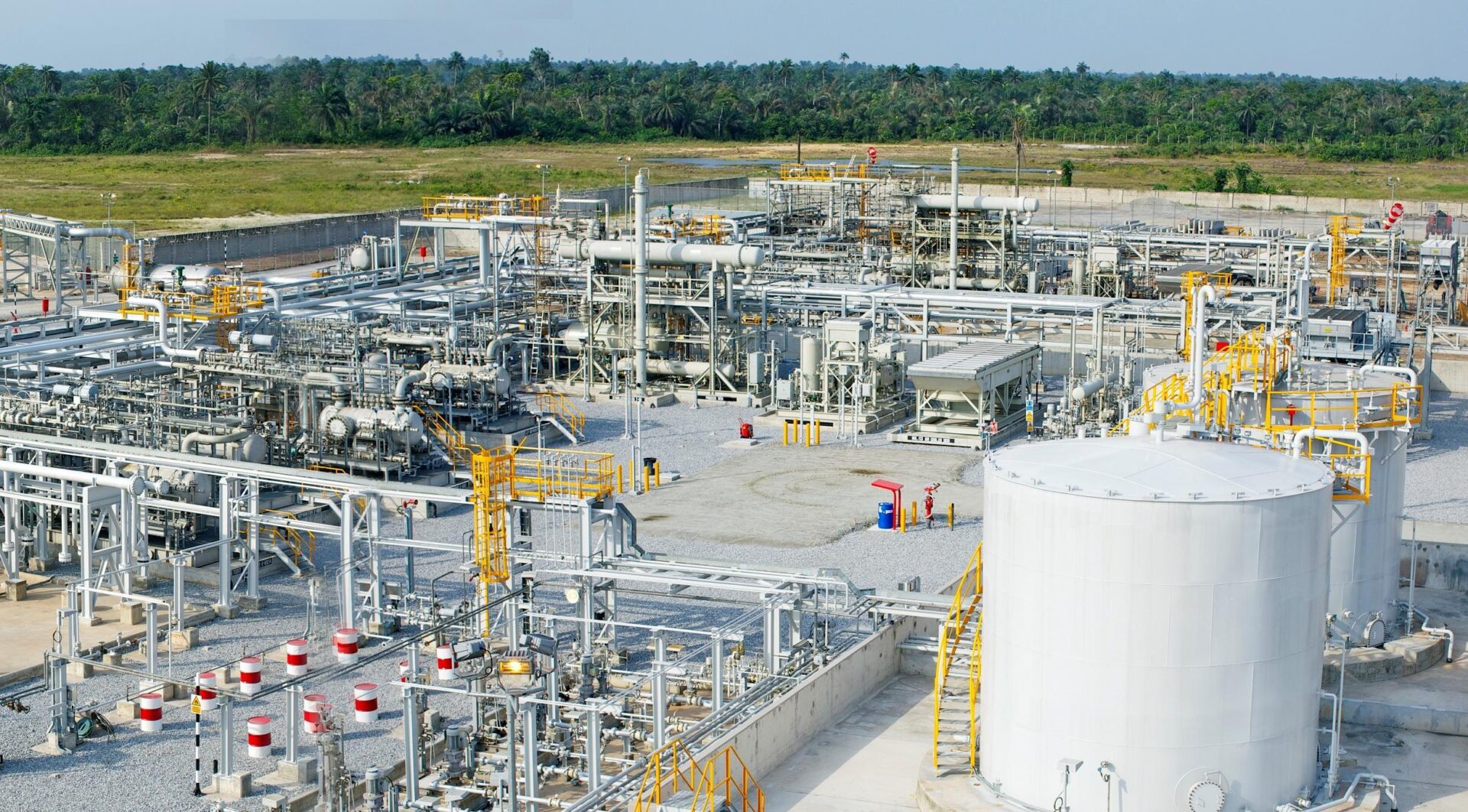

 News3 weeks ago
News3 weeks ago
 Business3 weeks ago
Business3 weeks ago
 Technology3 weeks ago
Technology3 weeks ago
 Investment3 weeks ago
Investment3 weeks ago
 Banking Sector3 weeks ago
Banking Sector3 weeks ago
 Banking Sector3 weeks ago
Banking Sector3 weeks ago
 Appointments3 weeks ago
Appointments3 weeks ago
 Investment3 weeks ago
Investment3 weeks ago

